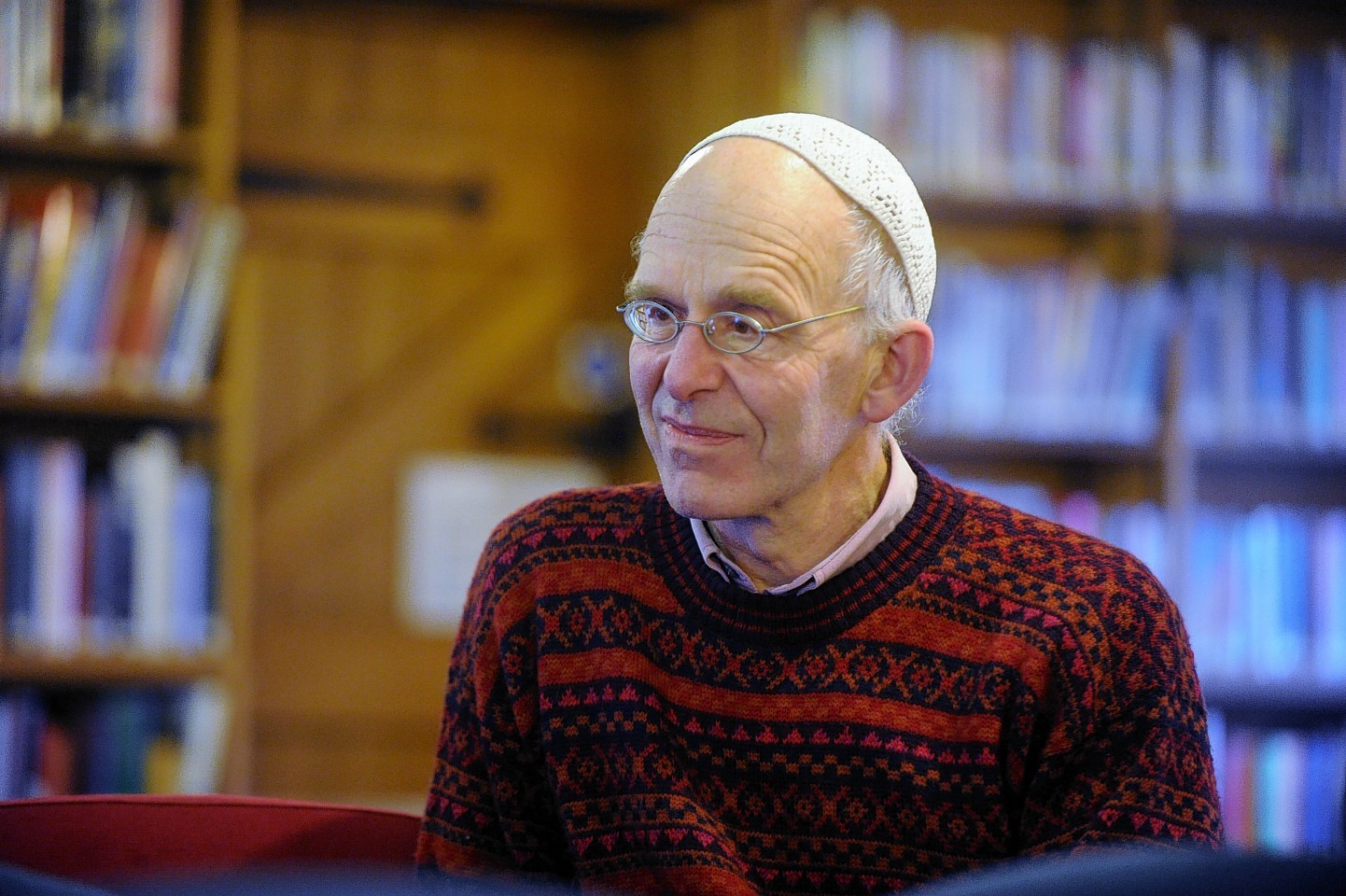The father of Western Isles aid worker Linda Norgrove has been honoured by a university for his charitable work after her death.
John Norgrove set up the Linda Norgrove Foundation with his wife Lorna following their daughter’s death in Afghanistan in 2010.
The charity has gone on to raise more than £1million for good causes in the country, with a focus on those affected by the war.
To date, the organisation has supported female medical students with scholarships, provided widows with a sustainable source of income and funded an orphanage for disabled children and a wealth of other projects.
Mr Norgrove, from Uig on Lewis, has been named alumni volunteer of the year for his work by the University of Manchester, from which he graduated with a degree in civil engineering in 1971.
Jane Maciver, who nominated Mr Norgrove, said: “John has relentlessly poured his time and effort into this organisation.
“Despite facing many hurdles and negative assumptions about Afghanistan, John maintains an optimistic outlook and is an inspiration to anybody who meets him.”
John received his award at the university’s annual Volunteer of the Year Awards which also honour a staff member and a student.
Linda Norgrove carried out doctoral studies at the University’s Institute for Development Policy and Management and was awarded a PhD in 2003.
In 2010 she was working on development projects in a remote, rural area in east Afghanistan when she was kidnapped and killed.
The university posthumously honoured Linda with an outstanding alumna award in 2011, in a ceremony attended by her former classmates and lecturers.
Linda, 36, was working on humanitarian projects for an international development company when she was kidnapped in September 2010.
She was killed by a grenade thrown by a US special forces soldier during a failed rescue mission on October 8.
It was initially reported she had been killed by an explosion set off by one of her captors.
However, an investigation, jointly carried out by the UK and US, determined she had died of injuries sustained from a grenade thrown by a US soldier during the ill-fated mission.
